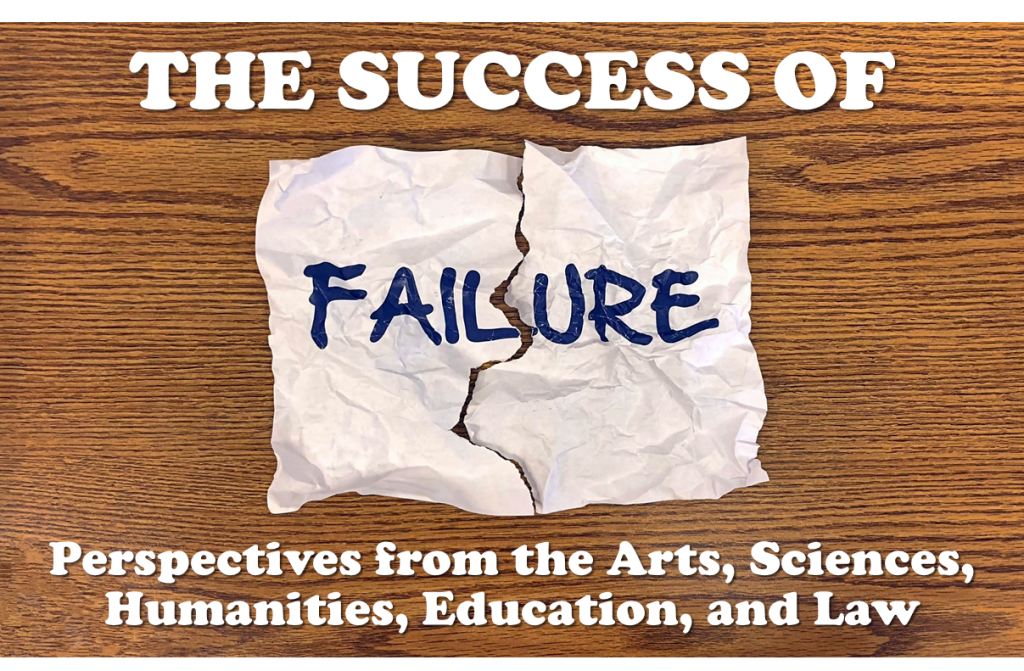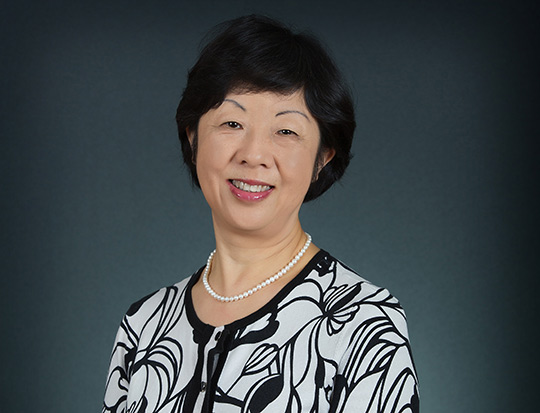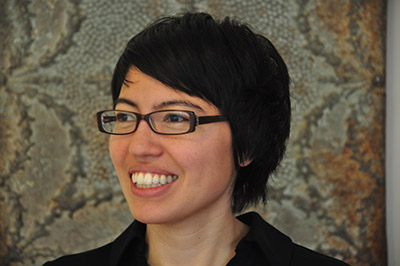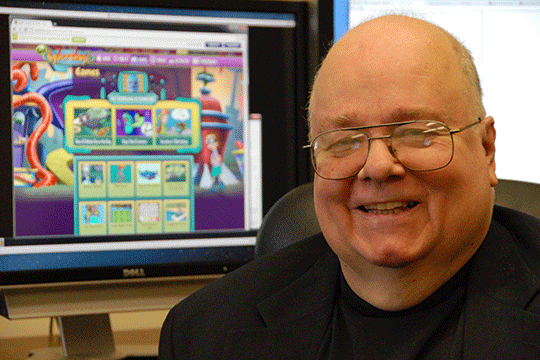Teachers College Conference to Give Failure, Long Taboo, a Makeover as a Pathway to Success
TC and Columbia co-sponsor a new look at the value of making mistakes in the arts, sciences, education and law

Speakers from a variety of disciplines will take a different view at an upcoming conference at Teachers College, arguing that failure can enhance creativity, education, innovation and progress – and that we need to learn to recognize and study the value of failure.

“The Success of Failure: Perspectives from the Arts, Sciences, Humanities, Education, and Law” is the first multidisciplinary conference devoted to the positive value of failure. It will take place at Teachers College on Thursday, December 7th, from 9 a.m. to 5:15 p.m., and Friday, December 8th, from 9 a.m. to 4:30 p.m., in the Joyce B. Cowin Auditorium, at West 120th Street and Broadway.

Speakers will include Tim Wu, Professor of Law at Columbia Law School and author of “Network Neutrality Broadband Discrimination”; the poet, author and historian Jennifer Hecht; Peter Norvig, director of research at Google; Stuart Firestein, Professor of Biological Sciences at Columbia, author of Failure: Why Science is So Successful (Oxford University Press), an adviser for the Alfred P. Sloan Foundation’s program for the Public Understanding of Science, and co-organizer of the event; Jonathan Weiner, the Maxwell M. Geffen Professor of Medical and Scientific Journalism at the Columbia Journalism School; John Black, TC’s Cleveland E. Dodge Professor of Telecommunications and Education and Director of the Institution for Learning Technologies; TC’s Catherine Chase, Assistant Professor of Cognitive Studies; and Robert Siegler, the Theresa Heinz Professor of Cognitive Psychology at Carnegie Mellon.
The conference has been organized by Lin, Stuart Firestein, and Pamela Smith, the Seth Low Professor of History and Founding Director of The Center for Science and Society at Columbia. Institutional sponsors include Teachers College and three institutes at Columbia University: The Center for Science & Society; The Heyman Center for the Humanities and Society of Fellows, and The Institute for Social and Economic Research and Policy (ISERP).

Teachers College is an ideal venue for a conference on failure, which is intrinsic to education, learning and discovery, says Lin. “Failure is very difficult, but we all realize after we grow up that you can’t avoid it. The key question is, how can we prepare children for failure, and how can the educational system help children move forward after they fail?”
Panel topics will include (click here for a full schedule):
- “The Psychology of Failure” with Black and Lisa Son, Associate Professor of Psychology at Barnard College
- “The Importance of Teaching Failure in Education,” with Lin and Luz Santana, founding co-director of the Right Question Institute
- “Narratives of Failure,” with Firestein, Hecht, and Scott Sandage, a cultural historian at Carnegie Mellon
- “Failures in Science from the Perspective of History,” with Pamela Smith, Seth Low Professor of History, Founding Director of the Center for Science and Society, and co-organizer of the conference; and David Kaiser, a science historian and professor at MIT; Jutta Schickore, a science historian and philosopher at Indiana University Bloomington; and Harry Collins, a distinguished research professor at the School of Social Sciences at Cardiff University
- “Failure in the Sciences,” with the astrophysicist and author Mario Livio; Peter Norvig, director of research at Google; and Michael Shadlen, Professor of Neuroscience at Columbia
- “Failure in the Arts--A Conversation about Performance,” with Firestein; John Collins, founding director of the Elevator Repair Service theater ensemble; and Sara Jane Bailes, a researcher in Performance Studies at the University of Sussex
The conference is the second of three at Columbia focused on major interdisciplinary themes – or, as Firestein puts it, “larger issues that we think we know something about, but often we don’t know a lot about when we think about it carefully. For example, in the sciences, we know implicitly that failure is part of the process, but to make failure explicit is a problem.” Negative results used to be published in scientific papers along with successes, he says, but “we no longer do it. Failure is part of the process that should be included all the time.”
The event is free and open to the public, but registration is required via EventBrite. Click here for more information.
Published Friday, Dec 1, 2017